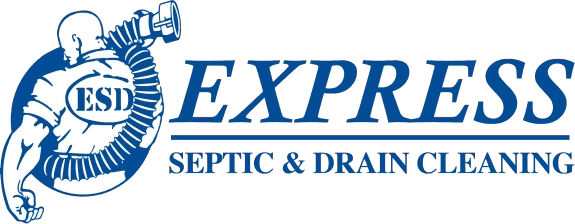A septic system can provide decades of reliable service if it is well-designed and properly installed and maintained. To understand how your septic system works and what can go wrong, it helps to have a visual aide explain the process. Keeping a septic tank and its components in good shape can save tens of thousands in repairs and replacements. Here is an overview of how a typical septic system works in the average home.
How a Septic System Works
A septic system is designed to break down waste with the help of bacteria. Achieving this involves the following step-by-step process:
- Waste Collection:Household waste flows through pipes to the septic tank, which fills with effluent, or liquid waste. Organic material in the tank is broken down by anaerobic bacteria. The tank functions like a settling pond; heavy solids sink while softer, lighter materials float to the top.
- Solid Separation: Household waste flows through pipes to the septic tank, which fills with effluent, or liquid waste. Organic material in the tank is broken down by anaerobic bacteria. The tank functions like a settling pond; heavy solids sink while softer, lighter materials float to the top.
- Effluent Treatment: The effluent flows out of the septic tank to the drain field. It passes through a distribution box into other pipes. Holes in drain field pipes allow effluent to seep into gravel and soil. Oxygen-rich water flows into the soil to feed aerobic bacteria that continue to decompose the waste.
- Release of Treated Water: Water that has been treated is released into the groundwater and aquifer.
How to Keep Your Septic System in Good Shape
Misusing a septic system can damage or even destroy it. It’s important to be mindful of what you put into it. Here are some key points to remember:
- Avoid flushing items like coffee grounds, diapers, or cigarette butts, which can cause problems.
- Be cautious with waste from garbage disposals and lint from washing machines.
- Household chemicals, especially antibacterial and disinfecting soaps, can harm the helpful bacteria in the system.
- Prevent too much wastewater entering the tank too quickly, as it can cause issues.
- Watch for signs of a failing system, such as gurgling sounds, slow drains, foul odors, or backups, and contact a professional like Express Septic Pumping.
Proper septic system care is essential for both residential and commercial septic systems to prevent damage and ensure reliable service.
Contact Express Septic & Drain Cleaning
Your septic system is vulnerable to many types of issues. There are also subtle signs that a failure may be imminent, such as gurgling sounds from exterior drains or slow drains in your home. You may notice foul odors from the tank, drain field, or even your drains. Sewage may back up into the house or flushing toilets may become difficult. If there is a blocked or broken pipe in the drain field, vegetation may become lush and full. If you notice any of these symptoms, contact Express Septic & Drain Cleaning right away; we’re the best-ranked septic plumbing service in Idaho.


